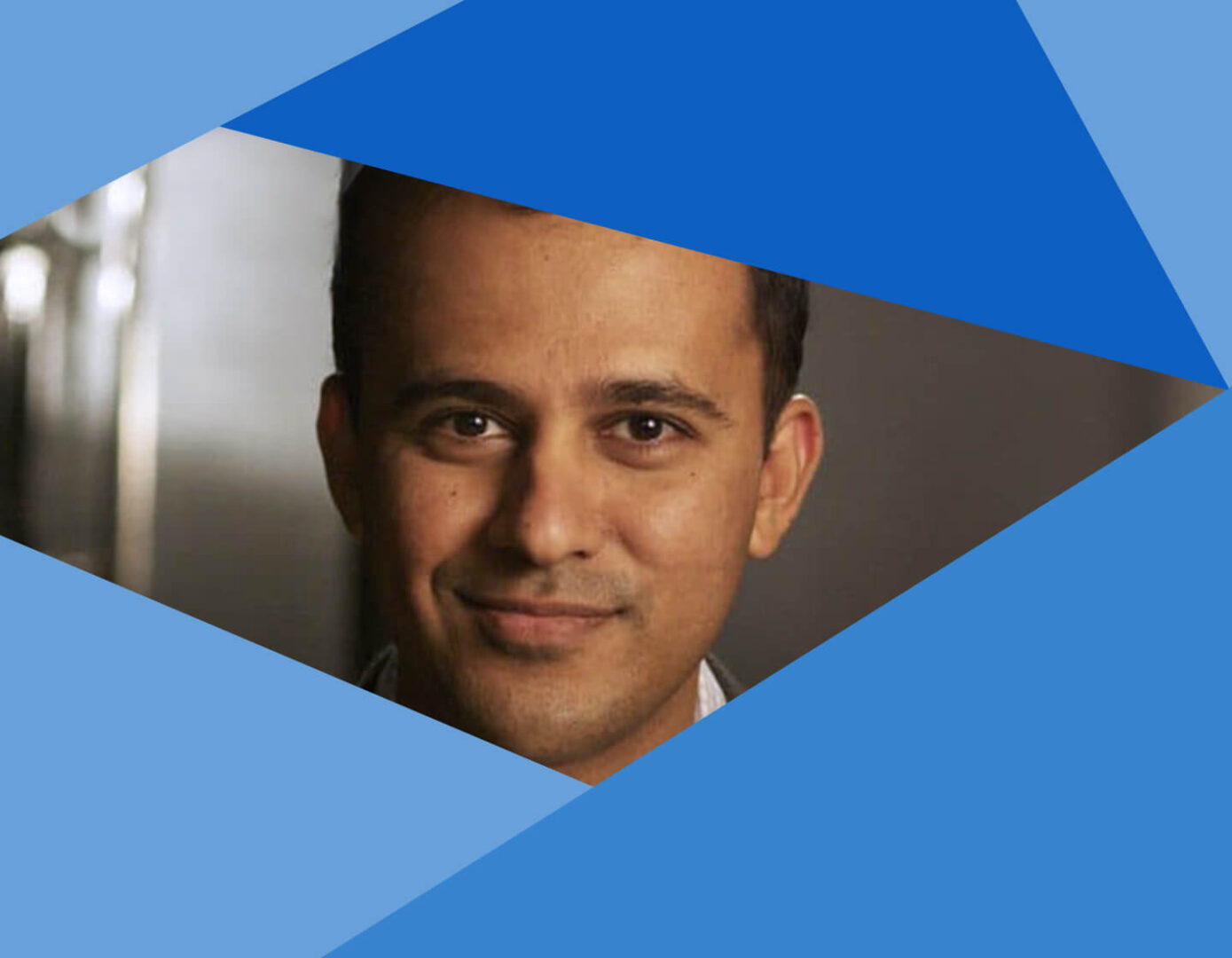
There is no question that this has been an abysmal year for India – as well as the rest of the world – in terms of health metrics. However, according to two of the country’s leaders in epidemiology and healthcare, there are significant positive changes in the system in the wake of COVID-19 disruptions that could permanently change it for the better.
IMD’s Alumni Club in India hosted a virtual event, “The Indian Economy Recovery Path in 2021: perspectives from an epidemiologist and an economist”, featuring Dr Ramanan Laxminarayan, Founder and Director of the Center for Disease Dynamics & Policy, in Washington DC and New Delhi, and Founder of HealthCube, a startup focused on enabling diagnostics in every home, talking about the effects and impact of COVID-19 in India. Dr Laxminarayan held a discussion with IMD alumnus, Prasad Kompalli, Co-founder of Mfine, an AI-based health tech venture offering tele-consultation services and diagnostics across India.
According to Laxminarayan, India has had the unfortunate distinction of being the country to suffer the most cases of COVID-19 in the world. Although it is formally ranked second behind the United States in several cases, this is likely due to lack of testing. However, because of the unique Indian economic landscape, the country could experience a revolution in healthcare as a result of the challenges caused by the pandemic.
How digital innovation is redefining healthcare
Healthcare regulations in India are not as detailed or entrenched as they are in other countries, so there could be room for rapid change and innovation in a way that we have not witnessed in other large world economies.
COVID has forced people everywhere to change their behavior rapidly and in ways that are likely to become permanent. Consider senior generations who formally would never shop online and have now begun doing it as part of their routines. These are the types of habits that once they have shifted are not likely to shift back, and it brings with it both positive and negative changes.
In the healthcare industry, this has paved the way for positive innovations that make healthcare more accessible to larger numbers of people and those who live in remote geographic areas.
According to Kompalli, the pandemic forced people to try methods of diagnosing illness that had lower costs but was not seen as “ideal”. Generally, doctors and patients believed it was a best-case scenario to be seen in person; however, for many illnesses and issues that is not necessarily the case. As more people, including primary care physicians as well as specialists and their patients, have been forced to try and use telehealth, there is more widespread buy-in, and the benefits are becoming apparent.
“Over time, there are a whole lot of people that are happy with what might have been previously seen as a substandard solution, which disrupts the norm,” observed Kompalli.
Reaping the benefits of telemedicine
Laxminarayan agrees, noting that previously the emphasis in healthcare had been to try to get doctors into rural areas. However, it was extremely challenging because there were not enough people to sustain a medical practice in these regions. This was a problem not just in India, but in rural areas in the United States as well, Laxminarayan pointed out.
Using innovations such as AI will not replace all doctors. Nevertheless, it can significantly increase their bandwidth, allowing them not only to see more patients, but even afford them more time with patients who do need physical interventions.
The pandemic vastly accelerated the process of getting physicians to experiment with technology. Nearly every doctor in India has used telemedicine in the last six months.
“Doctors now recognize the potential and the power of it,” says Kompalli.
Laxminarayan confirms that the government is now taking this seriously and digital innovations are going to have a permanent place in wellness and healthcare considerations moving forward. To grow economically, India needs innovation, and healthcare is an essential industry where we are likely to see this happen as we move forward into 2021.

